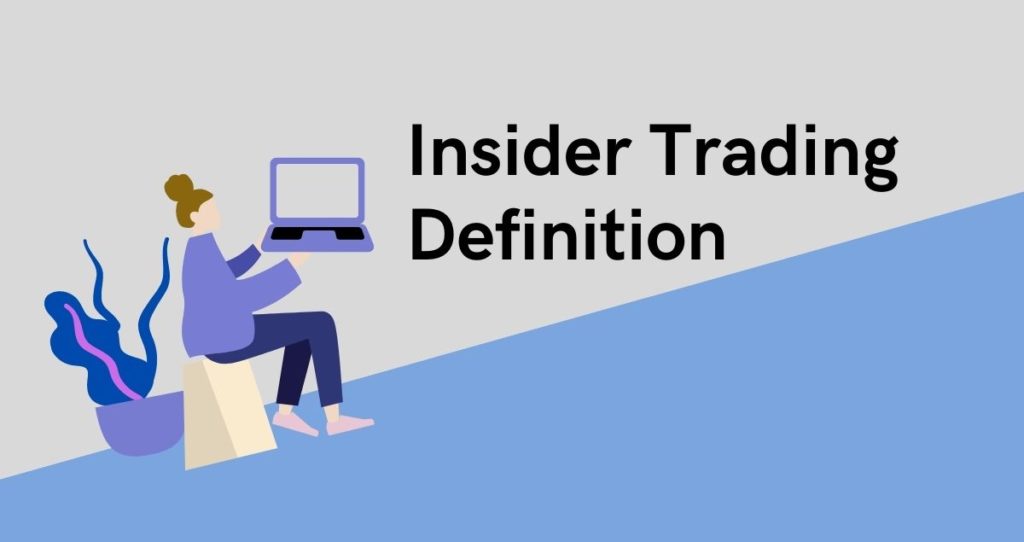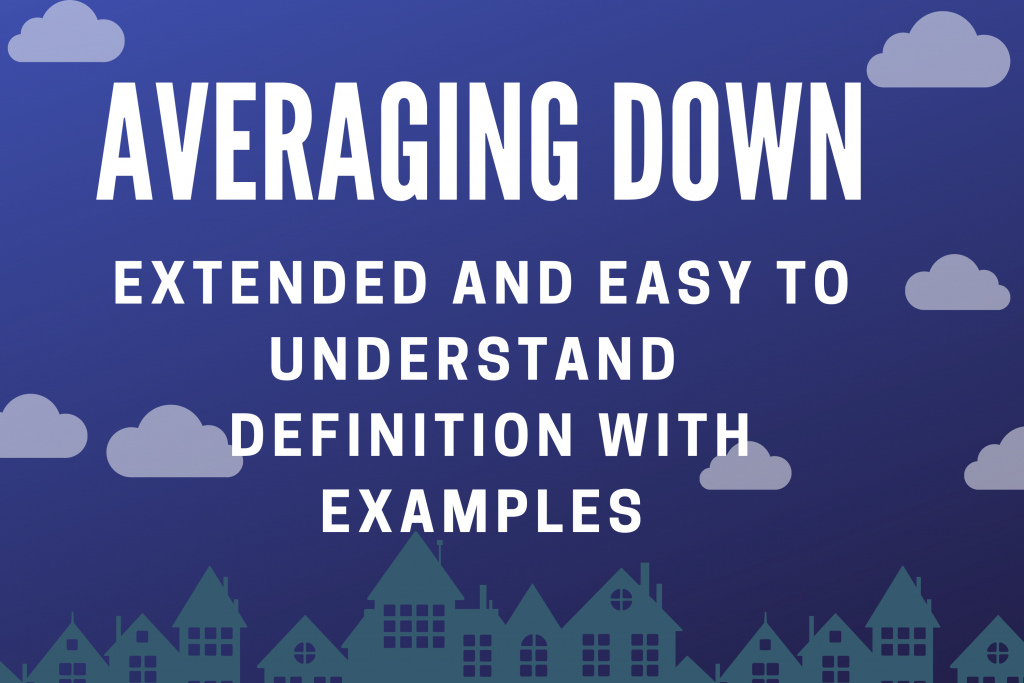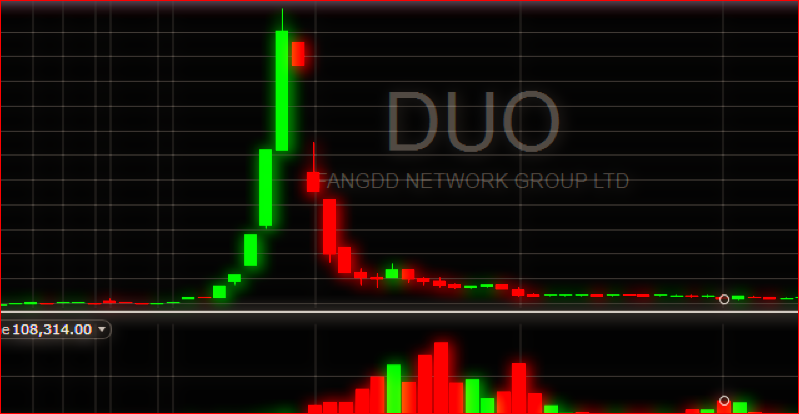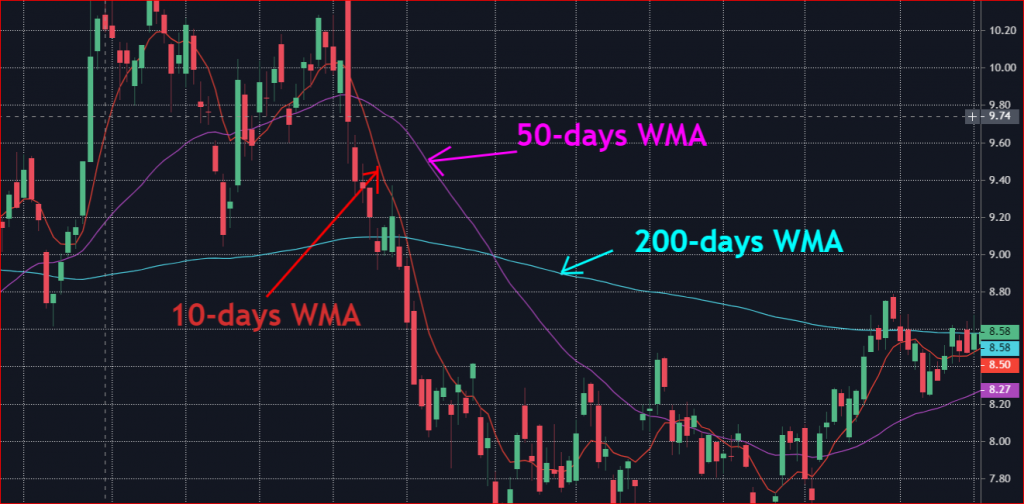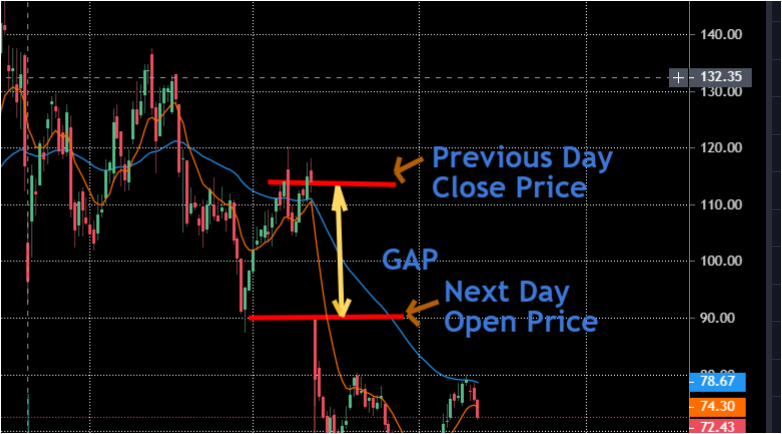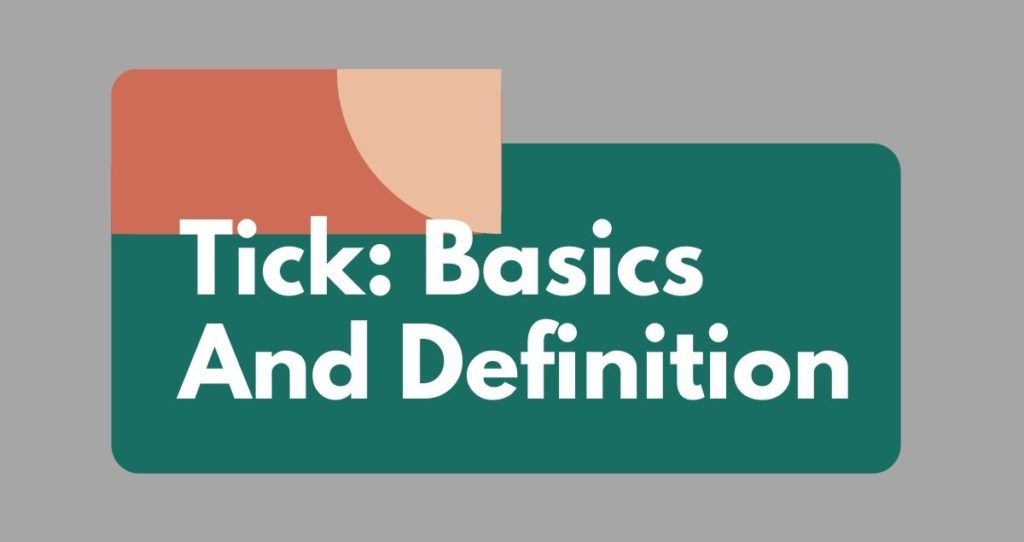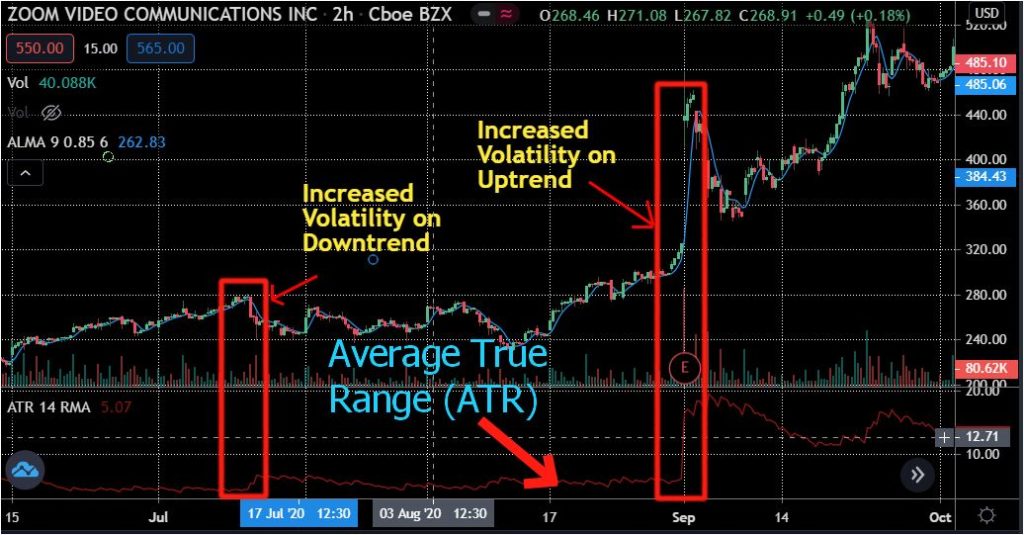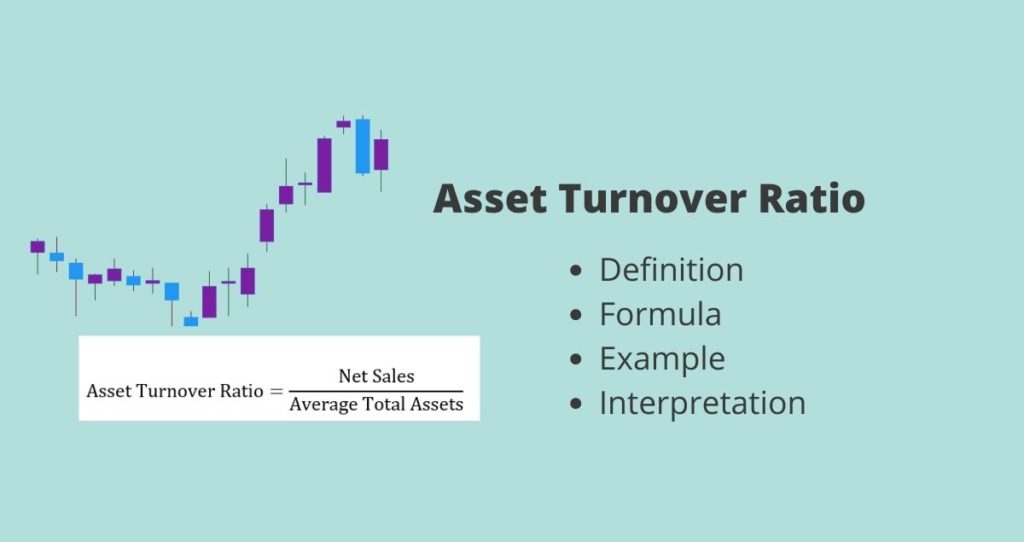Insider trading is the buying or selling of stocks and other securities of publicly traded companies based on information that is not yet available to the public. Any employee in a company can make insider trades as long as they have access to confidential information that will affect the stock price in the future.
For example, an executive of a biotech company can downsize his/her position size in the company after knowing that the test results will not pass FDA approval. On the other hand, he/she can increase his/her position size after knowing that the test results met the company’s expectations.
NOTE: Making trades based on information that is not publicly available is illegal. All investors must have the same access to corporate information. Insider trading violates the principles of investing. In other words, you are cheating the system and breaking your confidentiality vows in order to have an edge over other investors for your own gains.
If you work in a company, you should avoid buying or selling your shares based on the news about the company that has not been released to the public yet. Furthermore, you should avoid sharing confidential information that you are bound to protect. This is because other people can use this information for insider trading.
Penalties for insider trading
A person or entities that violate insider trading regulations face criminal penalties and civil sanctions.
According to the U.S Securities and Exchange Commission(SEC), the maximum prison sentence for insider trading is 20 years. In addition, a criminal fee of $5,000,000 (Max) can be applied to an individual trader or $25,000,000 (Max) for an entity.
You could also be forced to disgorge profits gained or loss avoided up to three times your gain or loss avoided from insider trading.
who is an insider trader?
An insider trader is anyone who makes trades based on the information related to the corporation that is not yet released to the public. Executives, CEOs, top managers, directors, and other employees can become insider traders.
At the same time, an external person can become liable for insider trading. This happens when they make trades based on confidential information they heard from people who work in a company.
For example, a person who works in a company could discuss with his/her spouse about the success of the test results of a drug they are developing. If the partner goes behind and purchases shares of that company, he/she will become an insider trader. As a result, both individuals will face the might of the law. To learn more about insider trading, follow the link to the SEC website.
The confidential information can also leak outside of the company on purpose in what is known as tipper and tippee. According to Investopedia, the tipper is the person who breaks their confidential obligations about the company. Whereas a tippee is a person who receives that information. If the tippee makes trades or shares this information to another person who ends up making trades based on the same information; they will all be liable for insider trading violations.
